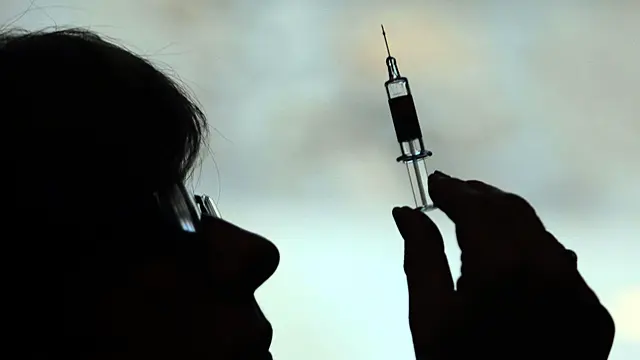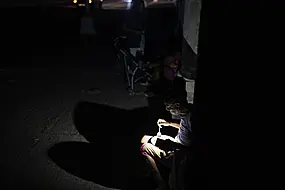If the vaccine proves successful, the UK could begin to vaccinate priority groups, such as frontline health and social care workers and those at increased risk from coronavirus, as early as the first half of next year, the Department for Business, Energy & Industrial Strategy (BEIS) said.
Human clinical studies of the vaccine will begin in September followed by a phase 3 study in December.
The Government has now signed deals for four different types of potential coronavirus vaccines and a total of 250 million doses.
Breaking news: We’ve reached an agreement, subject to final contract, with @GOVUK to supply 60m doses of the adjuvanted #COVID19 vaccine candidate we’re co-developing with @Sanofi, if successful in clinical trials. Learn more: https://t.co/aD6REJDHuW pic.twitter.com/MnYzd5VbHn
— GSK (@GSK) July 29, 2020
Business Secretary Alok Sharma said: “Our scientists and researchers are racing to find a safe and effective vaccine at a speed and scale never seen before.
“While this progress is truly remarkable, the fact remains that there are no guarantees.
“In the meantime, it is important that we secure early access to a diverse range of promising vaccine candidates, like GSK and Sanofi, to increase our chances of finding one that works so we can protect the public and save lives.”
Earlier this month, the Government agreed deals with BioNTech, which is working with Pfizer and Valneva for access to their vaccines.
A further agreement has been signed with AstraZeneca and the University of Oxford for their jab, which could produce 100 million doses for the UK.
The vaccine produced by GSK and Sanofi, which together have the largest vaccine manufacturing capability in the world, is based on the existing DNA-based technology used to produce Sanofi’s seasonal flu vaccine.
With our partner @GSK, we are cooperating with the UK government to develop a safe and effective #COVID19 vaccine and make it available to everyone as quickly as possible. #SanofiActs
— Sanofi (@sanofi) July 29, 2020
Kate Bingham, chairwoman of the Government’s Vaccines Taskforce, said: “This diversity of vaccine types is important because we do not yet know which, if any, of the different types of vaccine will prove to generate a safe and protective response to Covid-19.
“Whilst this agreement is very good news, we mustn’t be complacent or over-optimistic.
“The fact remains we may never get a vaccine and, if we do get one, we have to be prepared that it may not be a vaccine which prevents getting the virus, but rather one that reduces symptoms.”
The UK government said almost 72,000 people have volunteered in the past week to receive information about joining clinical studies to find a vaccine but many more are needed.
People can sign up for the NHS Covid-19 vaccine research registry via https://www.nhs.uk/conditions/coronavirus-covid-19/research/coronavirus-vaccine-research/
Ministers hope to get 500,000 people signed up by October.
Roger Connor, president of GSK Vaccines, said: “We believe that this adjuvanted vaccine candidate has the potential to play a significant role in overcoming the Covid-19 pandemic, both in the UK and around the world.
“We thank the UK Government for confirmation of purchasing intent, which supports the significant investment we are already making as a company to scale up development and production of this vaccine.”







